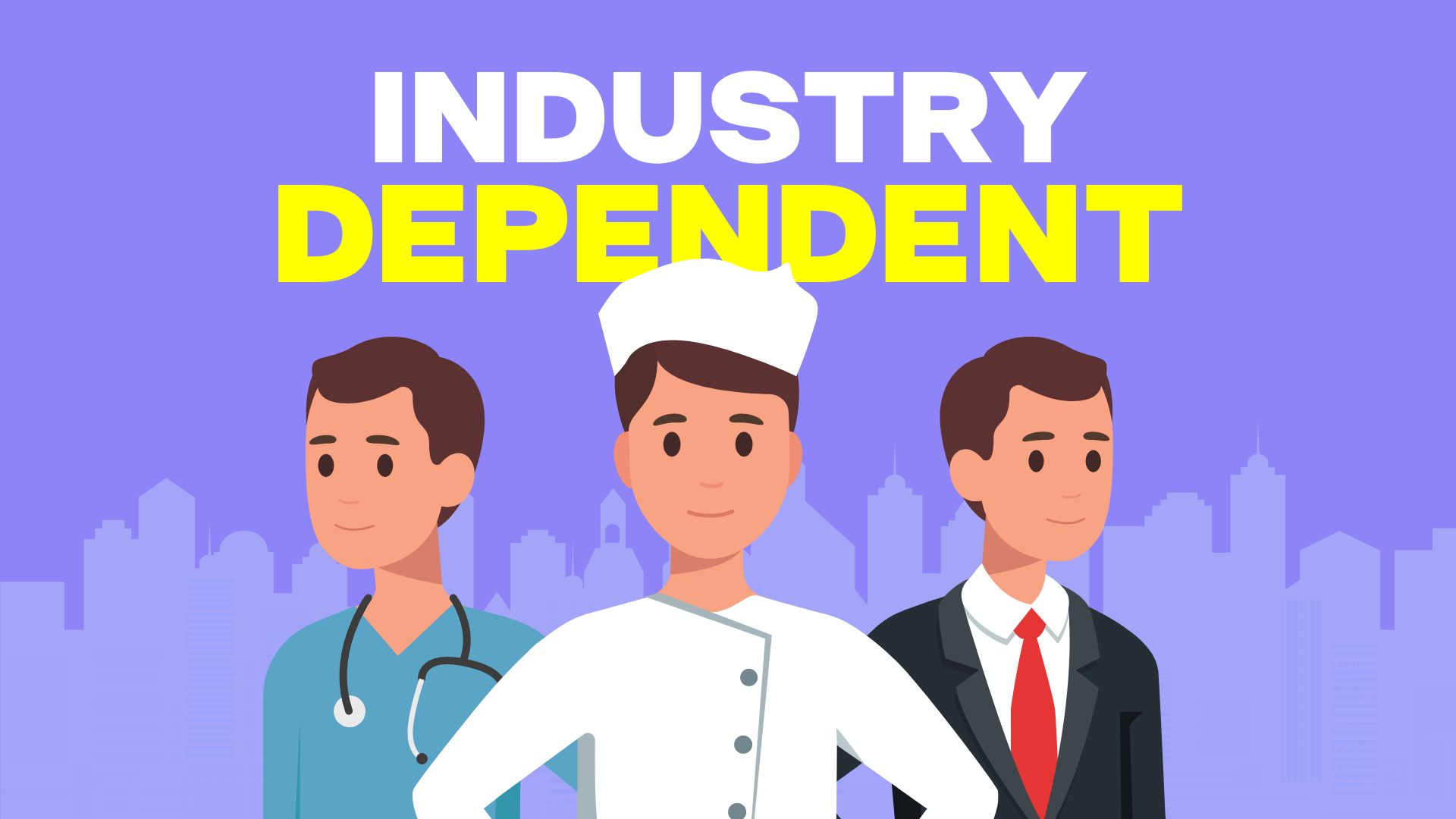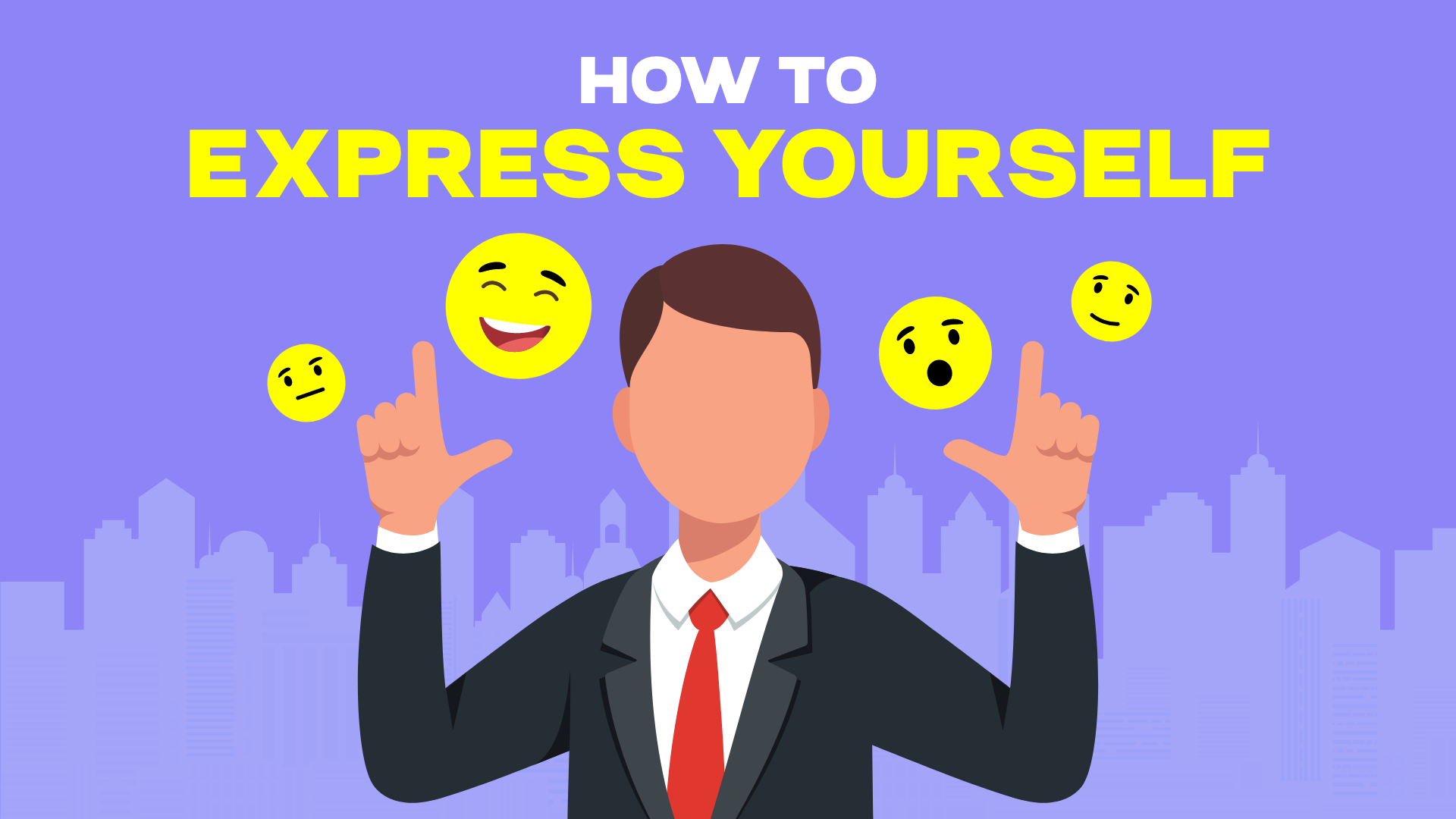
For many of us, it depends on whether or not we can bring our true selves to work, or if we’re hiding who we are and drowning in professional norms. We know that finding the balance can be difficult as we fear that bringing our true selves to work could jeopardise our employment.
We are worried that if we reveal our thoughts, preferences, or even aspects of neurodiversity, they might not be welcomed. And the fear isn’t unfounded, as societal norms and workplace cultures have historically valued conformity over individuality.
This blog will remind you how to be yourself within the boundaries of professionalism, ensuring you thrive in your career without losing sight of who you are.

Where did changing attitudes come from?
From the media we consume and the brands we passionately support to our workplace, we expect to see our values and to a large extent our own identity authentically represented across all aspects of our lives. Because when our values are mirrored it enhances our ability to express ourselves authentically. So in the workplace, a lack of representation can lead to alienation and a lack of trust as we feel unable to be ourselves.
This cultural shift has underscored the importance of authenticity in the workplace. So, how do you navigate the delicate balance of being true to yourself without compromising professional standing or risk oversharing in a way that might affect job security?

Industry dependent
Different industries reflect varying degrees of openness to personal expression. The industry you find yourself in will significantly determine how much of you and your creativity will be valued at work.
For example, if you find yourself in a commercial creativity industry like architecture, advertising, software development or music, individual thoughts and creative expressions aren’t just welcomed, they’re often the key ingredient to success and professional growth in a role.
In more traditional roles, tasks are more about following established procedures and protocols, but the emphasis on personal expression might be less pronounced. Here, professionalism might lean more towards consistency, reliability, and adherence to established norms.

Understand your workplace
Take the time to observe the unwritten rules governing your workplace. Look at how other colleagues and managers behave. Notice if there’s an openness to personal sharing and whether diversity in thoughts and styles are embraced.
Beyond observing, feel encouraged to lean on the human resource function and ask questions. They are the gatekeepers of information and organisational standards, and it’s crucial that you engage with these leaders to understand the boundaries and opportunities for personal expression within your organisation.
Once you’ve gathered information by chatting and observing, adapt accordingly and navigate how to be authentic in a way that aligns with your workplace norms. If your workplace values innovation and individuality, you may feel more freedom to express unique ideas or dress more expressively. In more conservative settings, you might express yourself through more subtle personal touches to attire and workspace.

How to express yourself
For some of us, this can start with how we dress. Your attire is often the first aspect of your personal expression that colleagues will notice. Understand the dress code and find ways to inject your personal style within those parameters. Whether it’s a unique accessory, a particular colour scheme, or a distinctive pair of shoes, these personal touches can make you feel more comfortable and confident at work without stepping outside the bounds of professionalism.
But for some, dressing the part isn’t enough. Perhaps you can find projects that align with your interests or passions outside of work and integrate them into your workplace. Whether it’s leading a sustainability initiative or organising an activity after work, there are other ways to showcase what you care about and your personality while remaining professional.
Either way, it’s more about the freedom to express ideas and views in a safe environment. This means the essence of being you at work encompasses the ability to share your thoughts, opinions, and perspectives openly, without fear of judgement or repercussion. If this is important to you, finding a workplace that values and safeguards this level of expression is key and might be a professional non-negotiable.

Benefits of being yourself
People are naturally drawn to ‘individuals’ because it allows others to feel safe to be themselves and lean into their unique quirks too. Being yourself helps build solid and supportive relationships in the workplace. Armed with genuine connections, you can forge stronger relationships at work and foster trust and respect among colleagues.
Bringing your authentic self to work makes you feel more personally invested in your job too, leading to higher satisfaction and engagement. When you can be yourself, work feels more fulfilling and less like a role you’re playing. Organisations are beginning to value this and see the benefits of today’s generation bringing themselves to work.
The alternative is to suppress your true self which can be exhausting and stressful. Allowing your genuine self to shine through can significantly improve your mental health and overall well-being. A workplace that supports authenticity will likely see increased employee loyalty, lower turnover rates, and a stronger, more cohesive team dynamic.
However, it’s important to balance authenticity with professionalism. Being true to yourself should not come at the expense of respect and affect job performance.
Conclusion
Navigating the delicate balance between being oneself and adhering to professional expectations is more than a personal journey, it reflects broader societal shifts towards valuing authenticity and individuality. Different industries exhibit varying degrees of openness to personal expression, emphasising the importance of understanding and adapting to one’s workplace culture to express oneself authentically.
Being yourself can positively impact an organisation, but ultimately, embracing you benefits you by fostering a sense of fulfilment and well-being at work.

